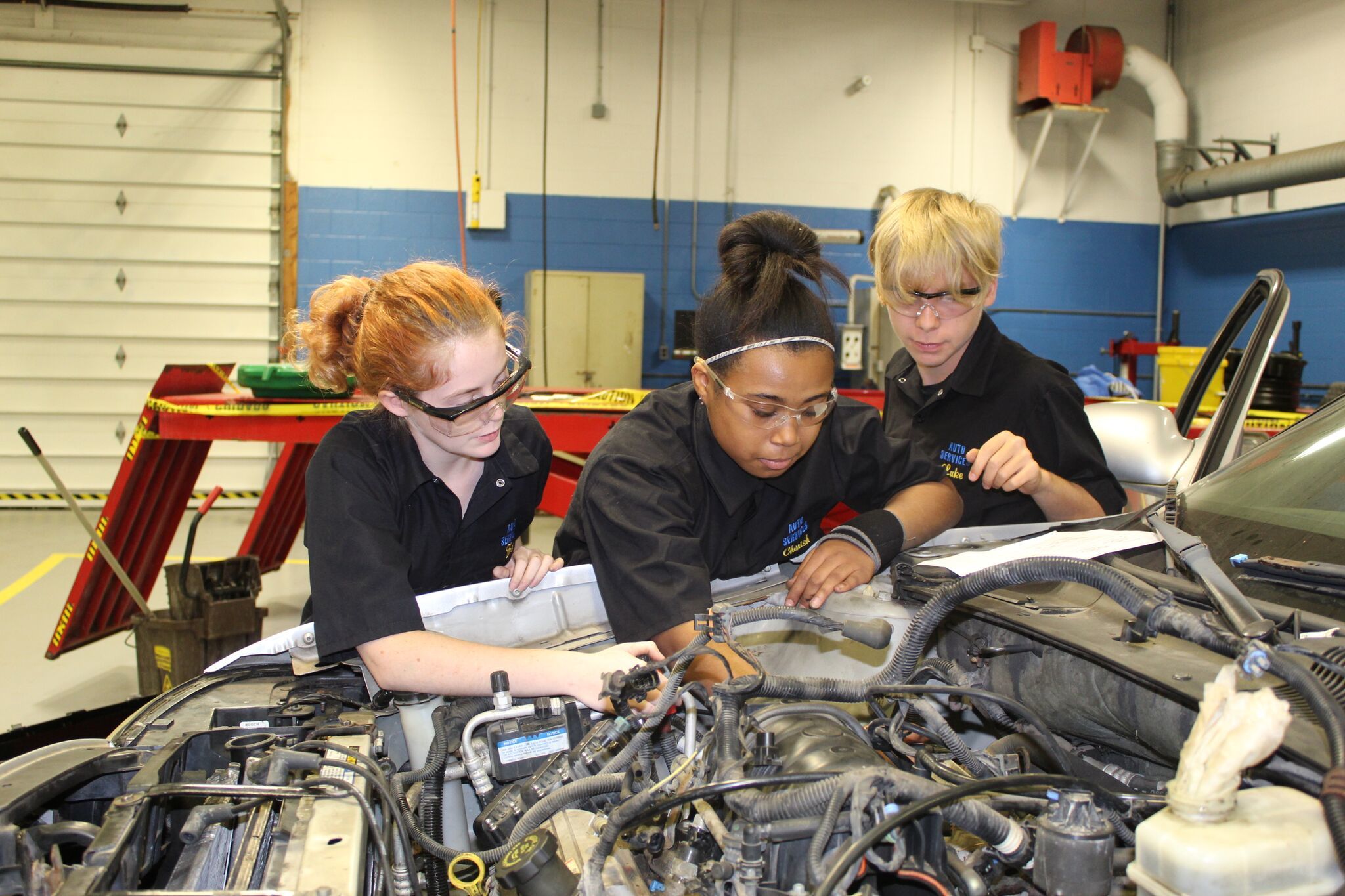All Categories
Featured

[/image]
Brakes are probably the most crucial safety and security function of any lorry. Without trusted brakes, even the most effective auto can come to be a risk on the road.
- The Importance of Routine Brake Inspections. Brakes undergo continual damage with every usage, whether you're driving at broadband on the freeway or travelling through city roads. In time, brake pads, rotors, and various other components wear down, which can influence stopping efficiency. Without normal evaluations, you may not see the gradual decline in efficiency till it's too late.
Regular brake evaluations allow you to catch problems early, guaranteeing that your brakes remain responsive, trusted, and secure. Timely assessments can additionally save you money by resolving small problems before they end up being costly repair services.
- Common Indications That Your Brakes Required Attention. While regular brake inspections are essential, there are some caution signs you can keep an eye out for to know when it's time to set up a check-up:
Squealing or Grinding Seems: High-pitched squeaks or grinding noises when applying the brakes are often indications that your brake pads are worn out and need substitute. Resonance or Pulsation: If you really feel resonances in the guiding wheel or the brake pedal, it could show warped rotors, which may need resurfacing or replacing. Soft or Mushy Brake Pedal: If the brake pedal feels unusually soft or spongy, there might be air in the brake lines or a problem with the master cyndrical tube. Drawing away: If your automobile pulls away while braking, this might be brought on by unequal brake pad wear or a problem with the brake fluid. Enhanced Stopping Range: If it takes longer to stop than normal, it may suggest that the brake pads are used, the fluid is reduced, or the blades are damaged. If you observe any of these signs, it's finest to have your brakes evaluated promptly.

- Trick Components Checked Throughout Brake Inspections. During a brake evaluation, a service technician will examine a number of crucial parts of the stopping system to ensure whatever is functioning properly. Below are the essential elements entailed:
Brake Pads: One of the most typical factor for inadequate braking efficiency is damaged brake pads. Examining the thickness of the pads is a concern throughout every inspection. Brake Rotors: Blades must be smooth and devoid of grooves or fractures. Any type of considerable damage to the blades can result in jeopardized braking performance and uneven pad wear. Brake Liquid: Low or polluted brake fluid can harm stopping efficiency. The specialist will certainly examine the fluid levels and high quality and change it if necessary. Brake Lines and Pipes: Brake lines need to be totally free of leakages or splits. Any type of damages to the lines can lead to loss of brake fluid, leading to brake failure. Brake Calipers: The calipers apply pressure to the brake pads. They need to be inspected for indicators of wear or leakages to guarantee they are working appropriately. Consistently checking these elements helps keep your brake system in peak condition, enabling you to quit your car safely and efficiently.
- Exactly how Frequently Should You Have Your Brakes Inspected? The general referral is to have your brakes evaluated at the very least yearly or every 12,000 miles, relying on your driving habits. Particular driving conditions might call for even more frequent examinations:
Rush Hour: If you usually drive in stop-and-go traffic, your brake pads will certainly use down quicker. Hill Driving: Driving on high roads needs more frequent braking, which can cause your brakes to use much more swiftly. Towing or Hauling Heavy Plenties: If you frequently bring hefty loads, your brakes will certainly experience much more tension and call for more constant assessments. If you discover any one of the warning indicators discussed earlier, do not wait for the following scheduled inspection-- have your brakes inspected quickly.
- The Effects of Disregarding Brake Inspections. Neglecting routine brake evaluations can bring about major effects. A falling short brake system could result in reduced stopping power, which increases your danger of mishaps. Ignoring brake upkeep can likewise bring about extra expensive repairs. If you postpone changing worn brake pads, the damage can extend to the rotors, leading to the requirement for blades replacement, which is a far extra costly repair work.
In the worst instance, driving with damaged brakes can result in finish brake failing, placing you and other chauffeurs in jeopardy. Normal brake assessments are a tiny financial investment that can conserve your life and prevent costly repair services.
- Verdict: Stay Safe with Regimen Brake Inspections. Brakes are not something you intend to take chances with. A reliable braking system is essential for secure driving, and regular brake examinations are a straightforward method to guarantee that your automobile stops when you need it most. By remaining on top of brake maintenance, seeing for alerting signs, and having your brakes inspected at the recommended intervals, you'll protect both your car and your safety.
Don't wait till your brakes start to fail-- schedule regular brake evaluations and maintain your automobile in optimal condition for years ahead.
Latest Posts
Learn How to Save Big on Car Maintenance with Montclare Auto Repair’s Exclusive Deals
The Benefits of Routine Vehicle Maintenance at Montclare Auto Repair Saves You Money
Uncover the Leading Auto Repair Deals in Montclare, Chicago
More
Latest Posts
Learn How to Save Big on Car Maintenance with Montclare Auto Repair’s Exclusive Deals
The Benefits of Routine Vehicle Maintenance at Montclare Auto Repair Saves You Money
Uncover the Leading Auto Repair Deals in Montclare, Chicago